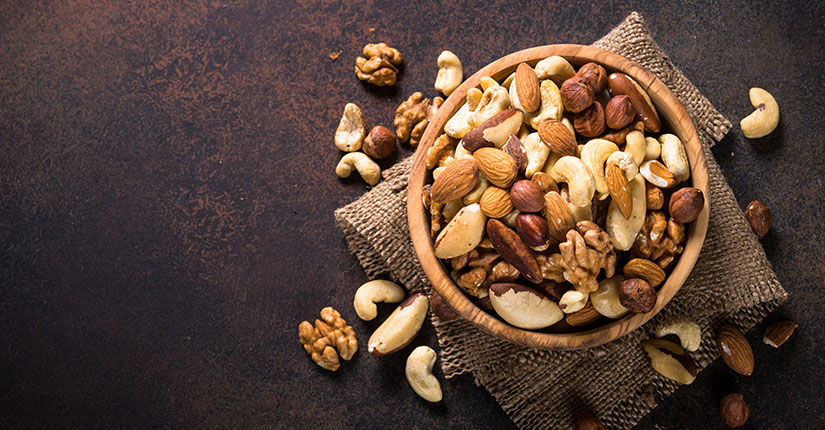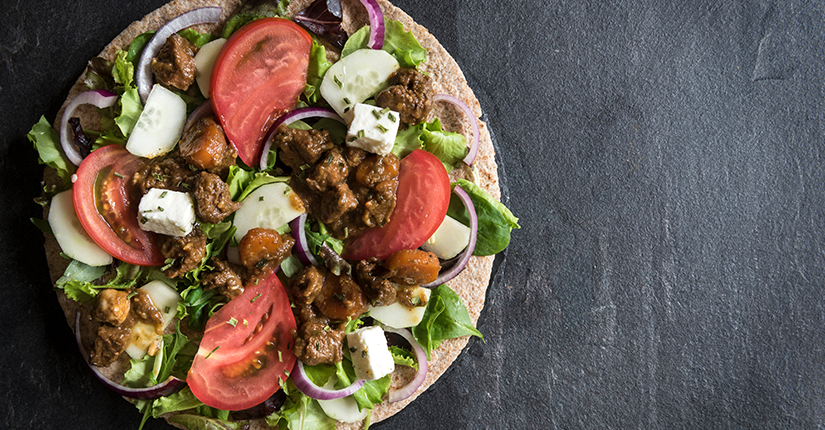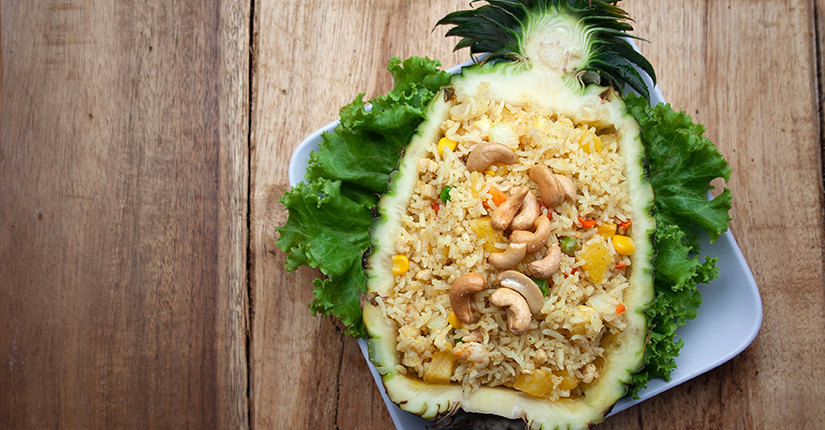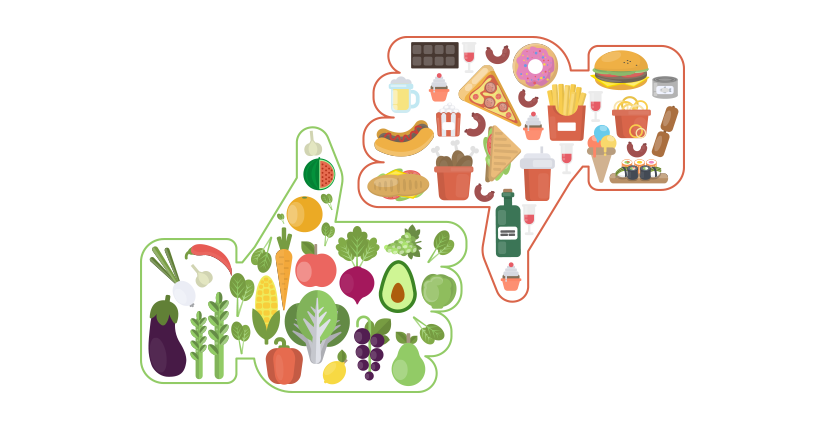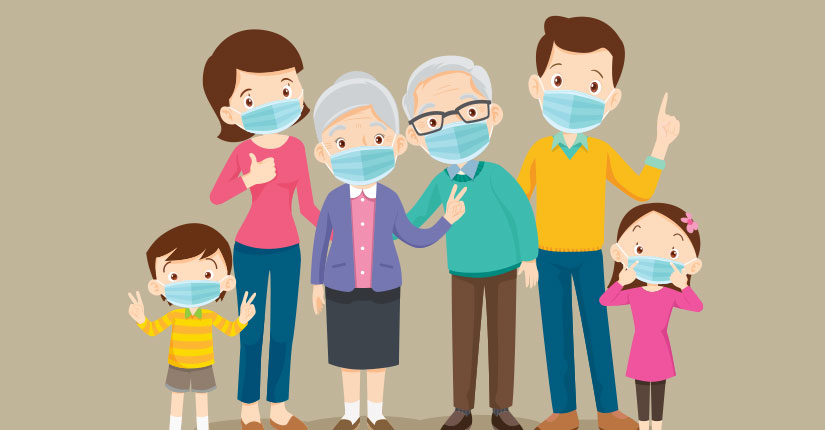Nutritional Guidelines for the Management of Juvenile Arthritis
By Nmami Agarwal 08-Jul 2020 Reading Time: 12 Mins

Juvenile arthritis (JA) is a disease in which there is inflammation (swelling) of the synovium (it is the tissue that lines the inside of joints) in children aged 16 or younger. It is the term used to describe arthritis in children younger age 16. Juvenile arthritis is an autoimmune disease which means that the immune system, which normally protects the body from foreign substances, attacks the body instead. The disease is also idiopathic, which means that no exact cause is known. It is believed to be caused by a combination of genetic and environmental factors, and a poorly functioning immune system.
Symptoms of JA
Symptoms may vary among patients, but mostly children experience joint pain and inflammation in multiple areas, and fatigue, nausea, and stomach pain can be common and exacerbated by certain medications. These discomforts may cause children to lose appetite hence, the growth can be impaired and other problems arise if nutrition in a child is poor.
Dietary guidelines for management of JA
There’s no specific dietary program for young people with JA, but a balanced diet rich in vitamin D, protein, healthy oils, and fiber with limited sugars is generally recommended. These recommendations are based on research identifying the anti-inflammatory and antioxidant properties of certain foods.
Foods that are fried, processed, or high in fat and sugar tend to aggravate inflammation, whereas the fresh foods associated with the Mediterranean diet are considered to have anti-inflammatory properties and these foods are tomatoes, olive and fish oils, almonds, walnuts, green leafy vegetables, and fruits, especially strawberries, blueberries, cherries, and oranges.
Calcium and Vitamin D-rich foods
Calcium and vitamin D are critical nutrients for all children. While both nutrients help build strong bones, vitamin D has important immune-boosting properties. Kids with arthritis should take some combination of calcium and vitamin D. This is especially true for children who are taking corticosteroids and medications like methotrexate, which may inhibit calcium absorption.
Vitamin D controls inflammation and works to help in the absorption of calcium, which is essential for strong bones. Children using corticosteroids to manage JA symptoms are thought to be at twice the risk of developing vitamin D deficiency, which can reduce bone density and put them at risk of osteoporosis, than those not on steroid treatment. This deficiency might be offset by the use of vitamin D supplements.
Foods to Eat
Enrich your body with nutrients it needs to fight inflammation from the inside. Dark leafy greens (kale, spinach) are rich in folate like broccoli, cherries, berries (blueberries, blackberries, strawberries), healthy fats (extra virgin olive oil, avocadoes, walnuts, almonds, pistachios), fatty fish (salmon, tuna, mackerel, sardines), whole grains (whole wheat bread, quinoa, brown rice, steel-cut oatmeal, buckwheat), beans (black beans, chickpeas, kidney beans), lentils, onions.
These foods promote healthy growth and development and can help reduce inflammation.
- Fiber-Rich Foods: Fiber-rich diet protects against inflammation and so opt for whole grain varieties of foods. Sweet potatoes, beans, and lentils are good examples. Fiber also helps move food through the digestive tract, which can help growing bodies hold on to important nutrients while filtering out toxins.
- Protein: Protein is vital for growth and development and to navigate the added demands of a long-term illness. Not only does protein support the immune system, but it’s also a key building block for all muscles and tissues. While plant-based protein such as legumes, beans, peas, lentils, nuts, and seeds are good sources, other good protein sources include fatty fish (i.e., salmon) and lean meat.
- Omega-3-Rich Foods: Found in fatty fish, such as salmon, tuna, and sardines are heart-healthy and anti-inflammatory. Just watch out the portion size, since all types of fish may have mercury, which can be risky for a developing brain. Other sources include walnuts and seeds (such as flax, chia, and hemp), contain alpha-linolenic acid (ALA), which is a precursor to omega-3 fatty acids. The body can convert ALAs into omega-3s, but not as efficiently, or discuss with your doctor about omega-3 supplements.
- Make diet colorful by making fruits and veggies take up the most space on your plate. These foods have protective compounds like antioxidants and polyphenols that help protect against inflammation.
- Spices like turmeric, a spice commonly used in curries, can cure for inflammation. Ginger is another spice believed to curb inflammation. It can also help with medication-related side-effects like nausea and stomach pain. Make sure to talk with your doctor before adding any supplement to your diet.
Can gluten cause a problem?
Gluten is the name for a group of proteins generally found in wheat. People with celiac disease, an autoimmune disease that is triggered by eating gluten, should stay away from wheat. Kids and teens with arthritis are vulnerable for developing these conditions. Generally, it may show symptoms like stomach pain every time you eat something having gluten in it. Consult your doctor and you may need to stop eating gluten, or at least try avoiding for a while to check if that works for you. Otherwise, gluten-containing whole grains can be a part of a healthy anti-inflammatory diet.
Foods to Avoid
- Sugary foods: Cookies, cakes, ketchup and salad dressing could be a problem as sugar can increase blood sugar and lead to bacterial overgrowth in the gut. It can cause inflammation. Sugary energy drinks or aerated drinks to be avoided.
- Processed foods: Frozen pizzas, food made from refined foods like white rice or pasta, chips, bakery products like savories or read to eat meals should be avoided.
- Saturated and Trans Fats: Animal products and coconut oil (saturated) and manufactured foods in the form of partially hydrogenated oils (trans) are no good. Both types of fats release inflammatory proteins into the bloodstream. That’s one reason why popular diet plans like high-fat Keto diet, can cause problems and are not recommended. Fatty and processed meats and butter are major culprits. Use it sparingly or best to make heart-healthy olive oil your go-to instead.
- Charred Foods: Foods that are grilled, especially fatty meat foods that have been charred black, have more pro-inflammatory compounds. So, instead of firing up the barbeque to grill or blacken foods turn to your stovetop or oven. Broiling, steaming and baking are better options.
Possible side effects of JA medication
- Diarrhea and constipation are common side effects of various JA treatments. Increasing a child’s fiber intake by adding fresh fruits and vegetables to their diet is generally recommended. Swapping processed foods with whole grains, oats, and nuts will also help to regulate bowel movements. Patients having either constipation or diarrhea should drink plenty of fluids, especially water, as they may feel dehydrated more easily.
- Children should increase their intake of folate, or vitamin B by eating foods rich in folic acid, such as broccoli, cauliflower, spinach, asparagus, chickpeas, and berries.
Over to you
Eating a healthy diet is important for all growing children, but children with juvenile arthritis (JA) face more challenges. Eating foods that promote growth and development and help reduce inflammation is encouraged. In the face of the coronavirus pandemic, it’s even more important to support your child’s health and immune system by providing a healthy, balanced diet.
Since diet plays a role in inflammatory diseases, parents are increasingly turning to popular diets to cater to painful arthritis symptoms in their kids. Unfortunately, no special diet can cure arthritis and there’s no scientific evidence that certain foods or nutrients will reduce JA complications or comorbidities. Some of the fad diets may even put kids with JA at risk for dietary deficiencies and should not be followed. Consult a nutritionist and doctor to get the right set of guidelines.







